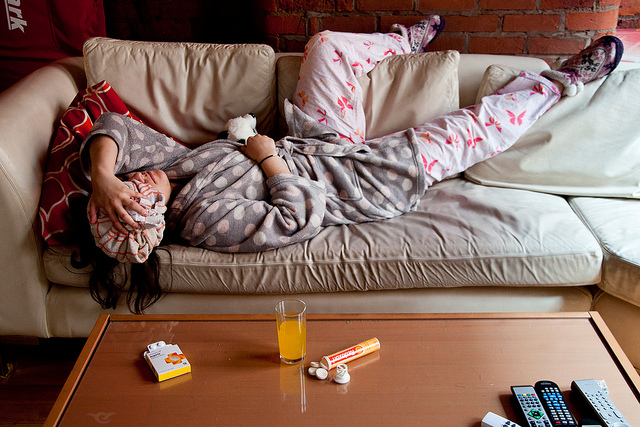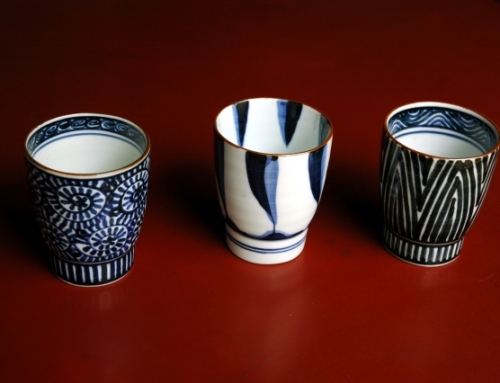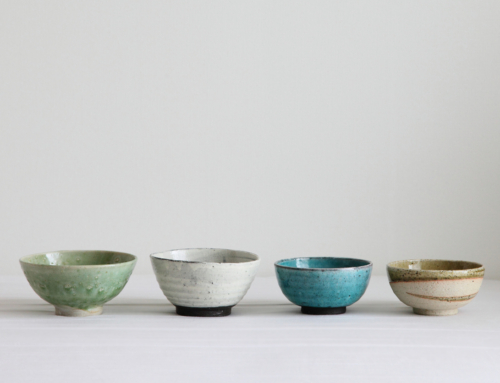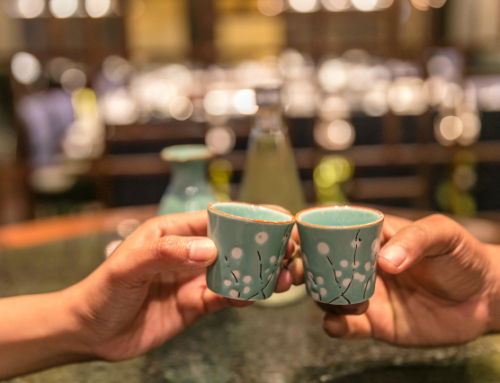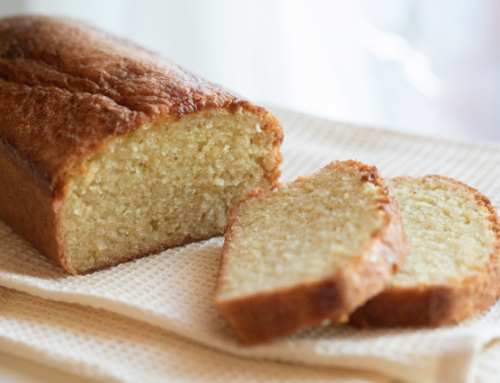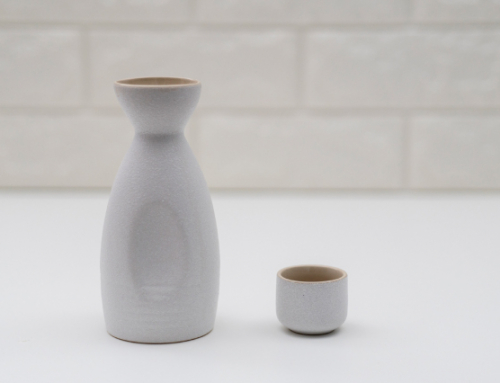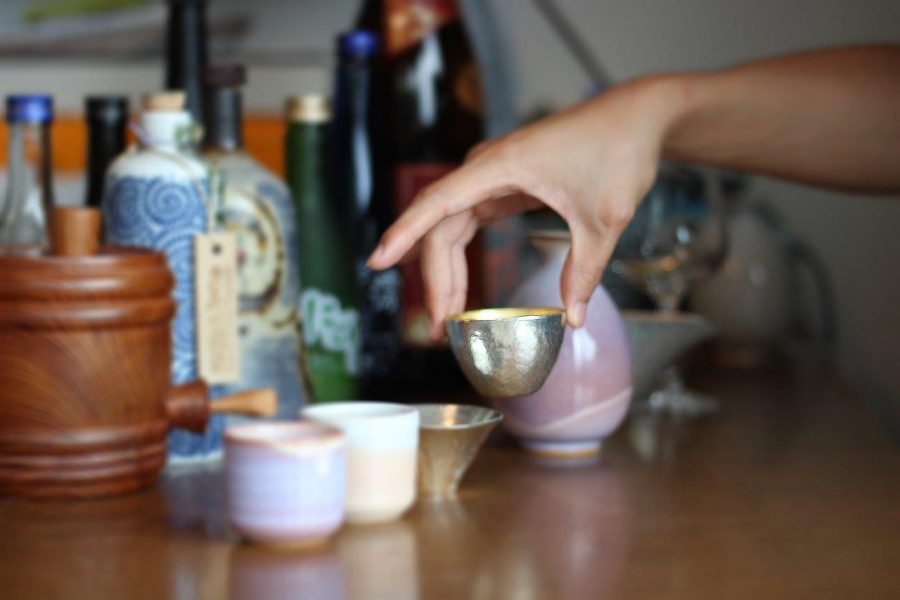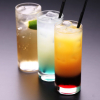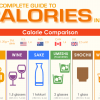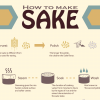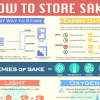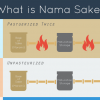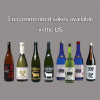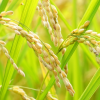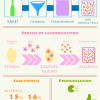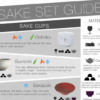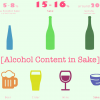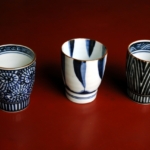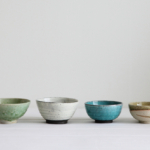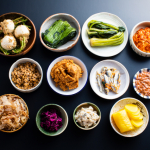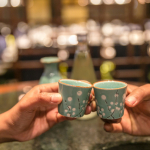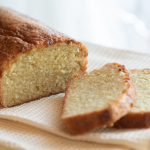Some Japanese are hesitant to drink Sake because they think Sake is likely to cause hangover. It is sometimes said that brewed alcohol beverages like Sake and wine are more likely to cause hangover than spirits.
This however, is totally wrong. There’s no medical evidence that a certain alcohol beverage is more or less likely to cause hangover than others. A number of studies show that the main factor causing drunkenness and hangover is the amount of alcohol intake (which makes sense). Japanese Sake contains the alcohol percentage of around 15%, while wine is around 12%. Therefore, if you drink Sake a lot in a short period, the amount of alcohol intake may well be a lot, causing hangover the day after.
How can I prevent hangover?
1. Drink Water
Make a habit of drinking water while you drink Sake. This sounds very simple but will give you a great result.
2. Don’t Drink On An Empty Stomach
Drinking on an empty stomach will damage your stomach and liver as well as it going straight to your head. So drink sake along with food, and it will assist the dissolution of alcohol in your body.
3. Appreciate Sake slowly
The etiquette of drinking Sake is to enjoy sips of Sake slowly, just as you drink whisky. Taking shots of Sake would be seen as a dumb thing greenhorns do. Don’t forget even clean, easy-drinking Dai-ginjo contains high alcohol percentage. If you are drinking Sake with someone, the Japanese custom is to keep the other party’s cup filled, so it’s sometimes hard to control the speed at which you drink. Enjoy slowly colors, aromas, textures and tastes of Sake and immerse yourself in the Japanese world.
4. Make diluted warm Sake
‘Warimizu-kan (割り水燗)’, often used when serving Shochu (Japanese vodka), is another solution. Add mineral still water (10-20%) to Sake and warm it up to make hot Sake. If you use tap water and warm it up to 35-40 degree Celsius, it may emit chlorine / bleaching odors.

